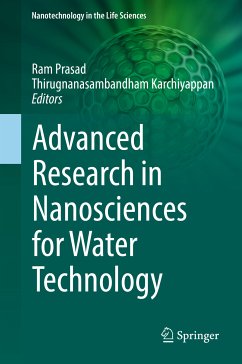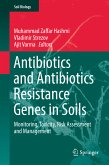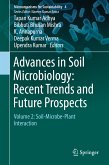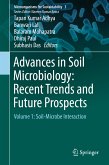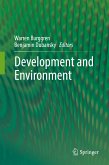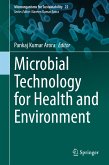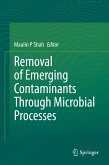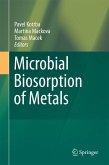Although protection of water resources is the best long-term solution, we will also need innovative novel approaches and technologies to water treatment to ensure an adequate superiorquality resource to meet these needs. Solving tomorrow's water issues will require unique approaches that incorporate emerging new technologies.
Great advances have been made in the area of nanotechnology. Due to their unique physical and chemical properties, nanomaterials are extensively used in antibacterial medical products, membrane filters, electronics, catalysts, and biosensors. Nanoparticles can have distinctly different properties from their bulk counterparts, creating the opportunity for new materials with a diversity of applications. Recent developments related to water treatment include the potential use of carbon nanotubes, nanocompositae, nanospheres, nanöbers, and nanowires for the removal of a diversity of chemical pollutants. By exploiting the assets and structure of these new materials, such as increased surface area, high reactivity, and photocatalytic action, it will be possible to create technologies that can be very ef¿cient at removing and degrading environmental pollutants. Understanding and using these unique properties should lead to innovative, cost-effective applications for addressing the complexities of emerging needs for water treatment and protection. Although still in the early stages, research into the application of nanotechnology shows great promise for solving some of these major global water issues. This comprehensive text describes the latest research and application methods in this rapidly advancing field.
Dieser Download kann aus rechtlichen Gründen nur mit Rechnungsadresse in A, B, BG, CY, CZ, D, DK, EW, E, FIN, F, GR, HR, H, IRL, I, LT, L, LR, M, NL, PL, P, R, S, SLO, SK ausgeliefert werden.

